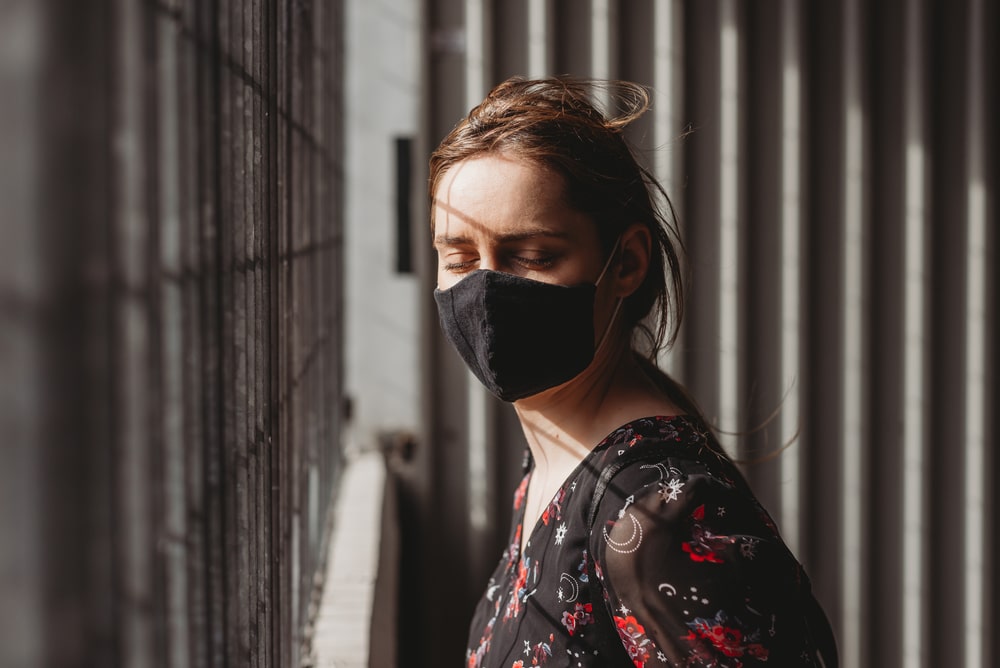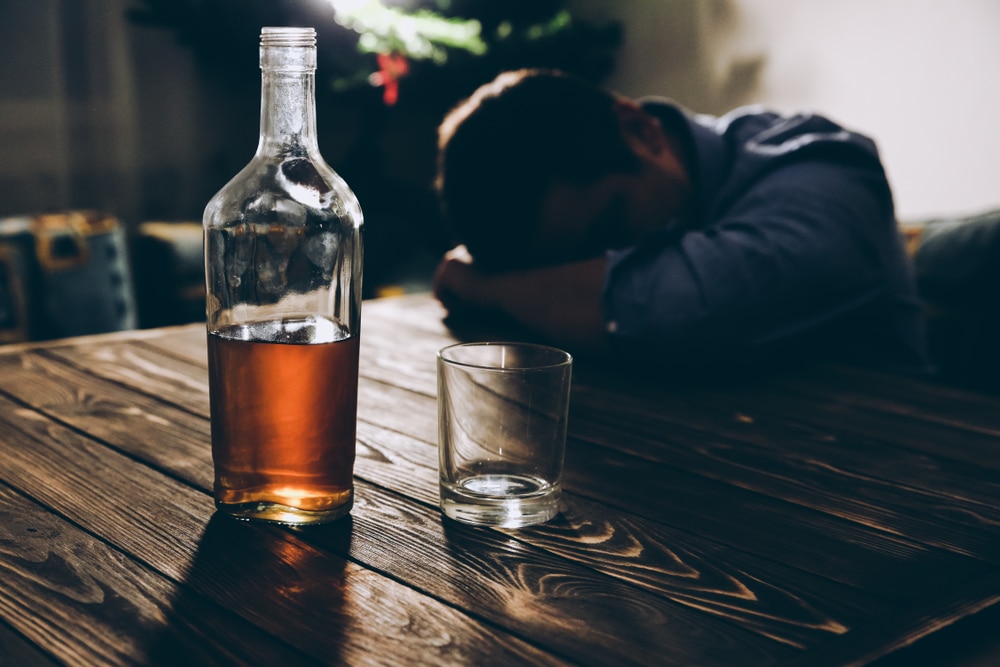

Alcohol slows down the central nervous system, creating feelings of relaxation. It also lowers inhibitions, memory, and judgment. Because of these qualities, many people turn to alcohol to distance themselves from the challenges or stressors they’re facing due to COVID-19. The pandemic is associated with negative economic and health impacts, loss, grief, isolation, prolonged uncertainty and stress.
Recent studies show that people are binge drinking to cope with the negative impacts COVID-19 pandemic. One study found that American adults have sharply increased their alcohol consumption, drinking on more days per week.
The study released by RAND Corporation compared the drinking habits of adults between spring 2019 and spring 2020. Reviewing over 1500 adults across America, participants were asked about their change in alcohol use between 2019 and 2020 during the first peak of the virus.
The study found a 14% increase in alcohol use among adults, compared to the same time last year. This was a 19% increase among all adults ages 30-59. Women, in particular, showed a 41% increase in alcohol use.

Experts warn that the pandemic’s stress could be could be prodding some people to drink alcohol. In the previous years, surges in alcohol use were noted following Hurricanes Katrina and Rita, 2003 SARS, and September 11th terrorist attacks. Such traumatic events and their resulting stressors tend to lead to increased post-disaster alcohol use and abuse.
People are consuming alcohol as a way to manage emotional stress. The pandemic has created collective grief and loss of security and safety with incredible uncertainty. Before the pandemic, alcohol use was already a significant public health concern. The pandemic seems to be fueling this even further with its vast effects, like:
Before the outbreak of the coronavirus, people would go out and blow off some steam. They’d go to the gym for a workout or the movies to calm down. But with the lockdown and less social contact rules, that’s not an option anymore. People can’t hang out with their friends and loved ones as they used to. They can no longer engage in activities that help them reduce stress and enhance well-being. But they can access alcohol because liquor stores were deemed essential businesses and stayed open.
When you combine anxiety and stress with the ability to order alcohol through an app and have it delivered to your doorstep within an hour, you get a perfect pathway towards excessive drinking and abuse.
These studies show that many people could be turning to alcohol to cope with pressures created by COVID-19. Drinking alcohol to cope with life situations like boredom or stress can become a habit that leads to substance abuse disorder. When a person self-medicates with alcohol to cope with stress, anxiety, and other mental health issues, they can develop co-occurring substance use disorder.

Alcohol is a depressant and sedative that affects the central nervous system. At first, drinking alcohol can reduce fears and take the mind of troubles. It can help an individual feel less anxious, boost mood and make them generally relaxed.
In fact, the effects of alcohol can be the same as those of anti-anxiety medications. That’s because alcohol slows activity in the amygdala, a brain part that prepares the body’s “fight or flight” response to stress.
Repeated use decreases the amygdala’s dampening effect. It also causes tolerance and dependence. So a person has to drink more alcohol to achieve a similar level of high. At this point, they can’t stop drinking because of withdrawal symptoms, like tremors, nausea, anxiety, headache, confusion, and insomnia.
Mild alcohol withdrawal can be treated at home. But severe cases need supervised care in a hospital setting to avoid potentially dangerous complications like seizures.
The measures to curb the spread of coronavirus have been hard on everyone. So, everyone is susceptible and may end up with problems with alcohol. However, studies show that some groups are more vulnerable than others.
According to the National Institute on Alcohol Abuse and Alcoholism (NIAAA), alcohol use has led to at least four deaths on college campuses since spring 2021. Young adults face unprecedented stressors: loss of income, the uncertainty of the future, and social isolation, resulting in conditions like loneliness, depression, and anxiety which can increase the risk of heavy drinking.
The psychological stress associated with the pandemic was also linked to greater drinking for women. A study by RAND Corporation and supported by the National Institute on Alcohol Use and Alcoholism shows that heavy drinking among women has soared. In the survey, 1 in 5 women had heavily consumed alcohol at least one additional day per month compared with the previous year.
A survey of 12,000 physicians found that over 40% of physicians experienced burnout, which was amplified mainly by COVID-19. Of these physicians, more than a quarter were drinking to cope with the burnout and resulting stress.

BlueCross BlueShield survey dubbed “Behavioral health by the numbers: a closer look at the impact of COVID-19” reveals a 23% increase in alcohol consumption since the outbreak began.
Another survey on 1,000 American adults 18 years and older by The Recovery Village found that 55% of the participant had an increase in past-month alcohol consumption, with 18% reporting a significant increase.
Healthy coping involves taking part in activities that directly reduce stress or improve wellbeing. This includes exercising, getting enough sleep, following creative pursuits, eating nutritious food, and staying hydrated. It is also a good idea for people to reach out for help and get support to make healthier life choices.
Those recovering from alcohol can take part in online Alcoholic Anonymous meetings. Such support groups can serve as a pillar to help avoid relapse.

